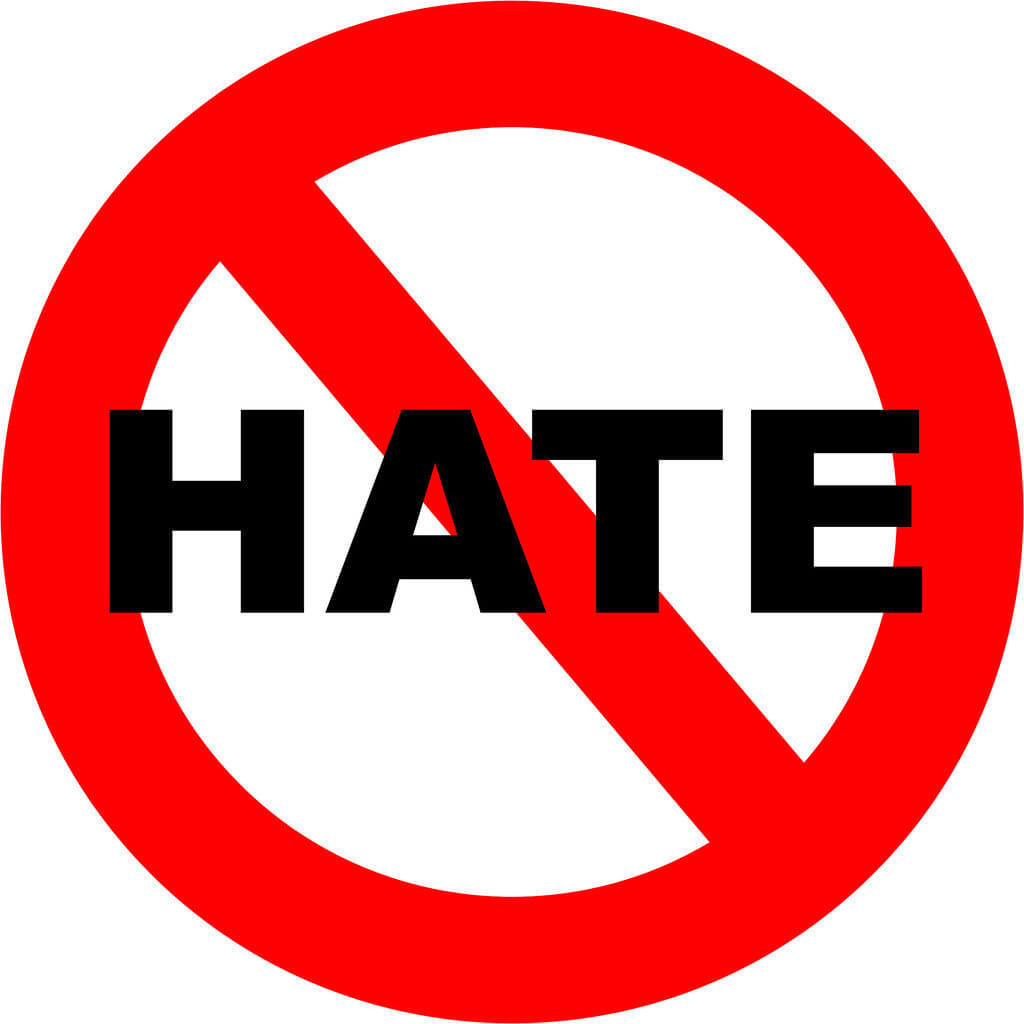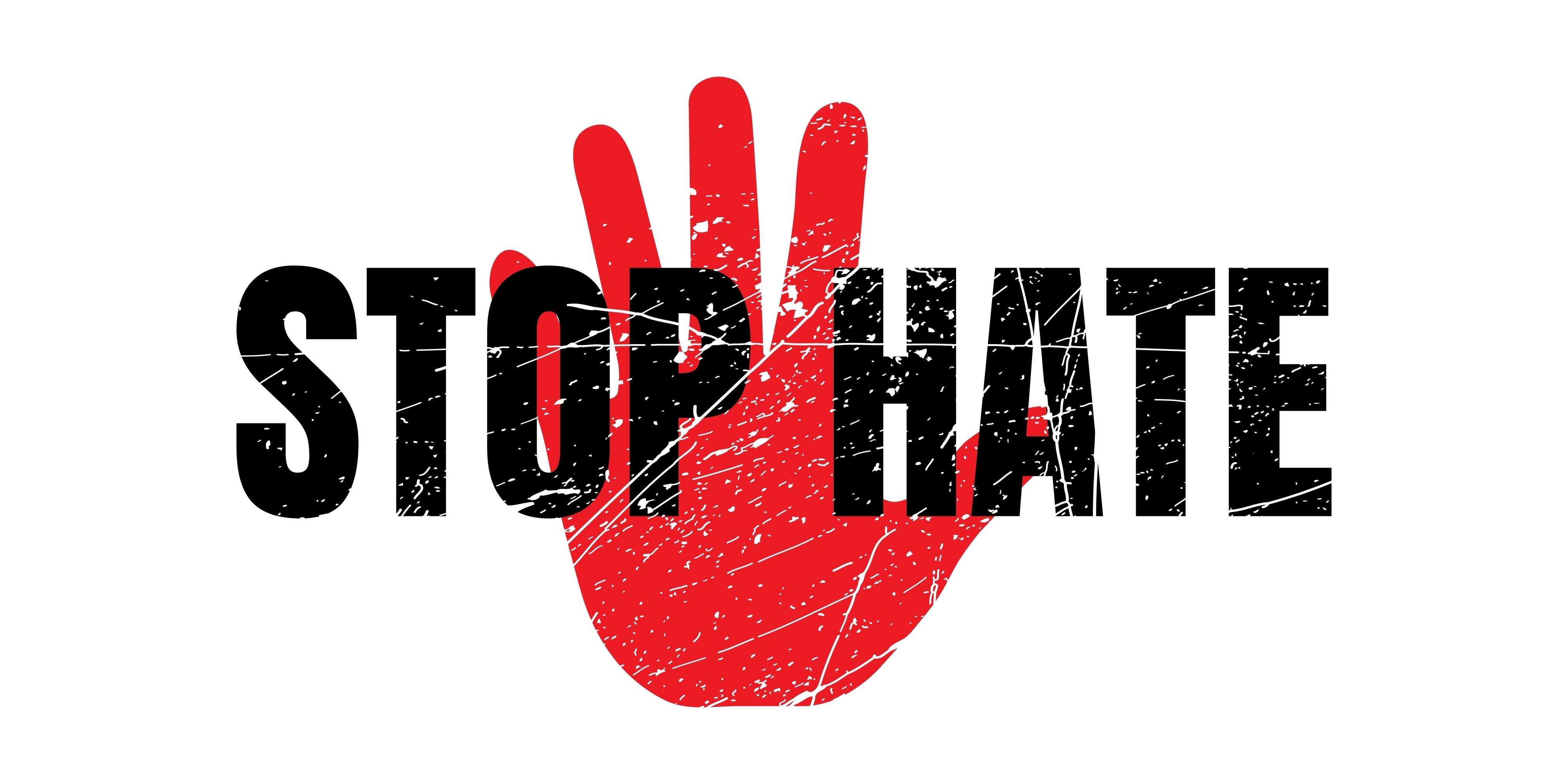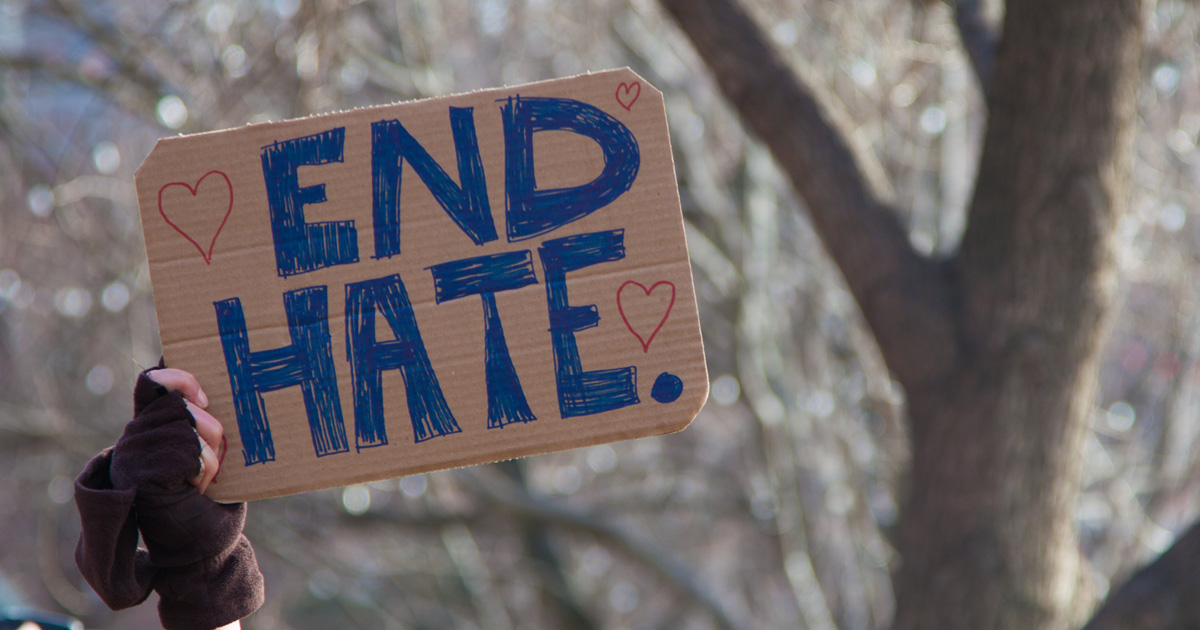Exploring The "I Hate That We're Childhood Friends Light Novel" Phenomenon
Have you ever wondered what happens when a classic story idea gets turned on its head? So, the idea of "childhood friends" often brings to mind warm feelings, happy memories, and maybe even a destined romance. But what if one of them, or perhaps both, felt a strong dislike for the other? That's the intriguing idea behind the "i hate that we're childhood friends light novel," a title that really catches your eye and makes you wonder. It sets up a tale that is anything but typical, offering a fresh look at familiar connections.
This kind of story, you know, plays with our expectations. It takes that comfortable idea of growing up together and adds a twist, a powerful feeling that seems to go against everything we expect. People who enjoy light novels, especially those with a focus on relationships, often look for something new, something that challenges the usual patterns. This title, it seems, promises just that kind of experience, a story that digs into feelings that are a bit more complicated than simple affection.
Today, as a matter of fact, we are going to look closer at what makes a light novel with a name like "i hate that we're childhood friends light novel" so interesting. We will talk about the feelings involved, the way it changes a common story idea, and why readers are drawn to such a unique kind of relationship. It's about more than just a title; it's about the deep emotions and the unexpected turns a story can take when it starts from a place of strong opposition, yet, still hints at something more.
- Unveiling The Extraordinary Behind Sugar Ray Leonards Spouse
- Uncover The Untold Story Of Paul Anka And Lisa Pembertons Marriage
- Unlocking The Mysteries Of Dear Lord When I Get To Heaven
- Unveiling The Matrimonial Status Of Sami Zayn Discoveries And Insights Await
- Uncover The Secrets Behind El Pack De Yeferson Cossio
Table of Contents
- What's Behind the Title: Exploring the "Hate"
- Deconstructing the Childhood Friends Trope
- Character Dynamics and Emotional Stakes
- Why This Light Novel Connects with Readers
- Frequently Asked Questions
- Where to Find Your Copy
What's Behind the Title: Exploring the "Hate"
The word "hate" in a story about childhood friends is, in some respects, quite striking. It makes you pause and think. What does that kind of strong feeling really mean in this kind of situation? As my text says, hate is a very strong negative emotional response. It often comes from deep anger, a sense of being wronged, or even fear. When someone says they "hate" something or someone, it means they have an extremely strong feeling of dislike. It's not just a passing annoyance; it's a powerful aversion.
In the context of "i hate that we're childhood friends light novel," this feeling of dislike might be about more than just a person. It could be about the situation itself, the way their lives are tied together, or the expectations that come with being childhood friends. The text also mentions that hate can involve seeing a person or group as evil, or even a motivation to eliminate something. So, this isn't just a simple squabble; it suggests a deep-seated issue between the characters, which is really something to think about.
This kind of title suggests that the characters might feel intense animosity or dislike for each other. It could be that they are constantly at odds, or perhaps one feels truly wronged by the other. The feeling of "hate" here might also mean a very strong aversion to accepting a certain truth or outcome. For example, one character might hate the idea of having feelings for the other, even if those feelings are starting to grow. This strong emotion, you know, sets up a lot of potential for dramatic moments and deep character growth in the story.
- Unveiling The Enigma The Mysterious Fate Of Clarence Thomass First Wife
- Uncover The Truth Jaiden Animations Sexuality And Pronouns Revealed
- Dinosaur With 500 Teeth
- Unveiling Todd Haleys Net Worth Uncovering Secrets And Strategies
- Pink Skies Zach Bryan
Deconstructing the Childhood Friends Trope
The "childhood friends" story idea is, basically, a well-loved one in many forms of storytelling. It often shows two people who have known each other forever, sharing memories and growing up side by side. Typically, this leads to a comfortable, almost fated, romance where they realize they were always meant to be together. It's a sweet and familiar path for many readers. However, the "i hate that we're childhood friends light novel" title tells us that this story is going to do something quite different with that common idea.
Instead of the usual path of easy affection, this light novel seems to take that common idea and turn it on its head. It explores what happens when that long history together creates friction, resentment, or a strong desire to break free from the past. Perhaps the characters feel trapped by the expectations of their shared history, or maybe their personalities clash in a way that makes their close bond feel like a burden. This is, in a way, a much more real look at how long-standing relationships can sometimes be quite messy.
This kind of story, you see, offers a fresh perspective on a very common setup. It suggests that not all childhood bonds are simple or lead to happy endings without a lot of struggle. By adding the element of "hate," the novel promises to explore the darker, more complicated sides of human connection. It forces readers to consider why these characters feel such strong negative emotions despite their shared past. It's a way of saying, "Hey, let's look at this familiar idea from a totally new angle," and that's pretty cool, actually.
Character Dynamics and Emotional Stakes
When characters feel a strong dislike for each other, especially when they are childhood friends, the story's emotional stakes become very high. This isn't just about two people learning to get along; it's about overcoming a deep-seated aversion. The growth these characters go through must be quite significant. They might have to face past hurts, misunderstandings, or even their own stubbornness. It is, more or less, a big challenge for them.
The internal struggles of the characters are likely a big part of the story. One might feel a powerful dislike for the other's habits, beliefs, or even just their presence. Yet, because they are childhood friends, they are still tied together, perhaps by family, school, or shared social circles. This constant forced closeness, as a matter of fact, can make their feelings of animosity even stronger, leading to a lot of tension and drama. It makes you wonder how they even function together.
Such a story offers a chance to explore how feelings can change over time. That initial "hate" might slowly transform into something else, perhaps respect, understanding, or even a different kind of affection. This process of change is what keeps readers hooked. They want to see how these characters, who start from such a difficult place, find a way to navigate their connection. It's about showing that even the strongest negative feelings can, sometimes, evolve into something quite different, and that's a very human thing.
Why This Light Novel Connects with Readers
Readers are often drawn to stories that offer something different, something that challenges their expectations. The "i hate that we're childhood friends light novel" does just that by taking a beloved story idea and adding a compelling twist. It promises a narrative that is full of conflict, emotional depth, and perhaps even a surprising resolution. People enjoy seeing characters struggle and grow, and this title suggests a lot of that kind of development.
The appeal also comes from the idea of watching characters work through their strong negative feelings. It's satisfying to see how people overcome their own biases or past hurts to form a new, stronger bond. This kind of story can feel more real because relationships, even long-standing ones, are rarely simple. They have their ups and downs, their disagreements, and sometimes, honestly, a lot of frustration. This light novel, you know, likely taps into those more complex parts of human connection.
Furthermore, stories that play with common ideas, like this one, tend to stand out. In a crowded field of romance light novels, a title that suggests such a strong, almost contradictory, emotion immediately grabs attention. It tells readers that they are in for a story that isn't afraid to explore the messier side of relationships. This unique angle, you see, makes it memorable and encourages readers to pick it up, hoping for a refreshing take on a familiar theme. It's a bit like finding a hidden gem.
Frequently Asked Questions
Why is the novel called "I Hate That We're Childhood Friends"?
The title, in a way, points to the core conflict. It means the characters have a strong dislike for their current situation or for each other, despite their long history together. This feeling of "hate" sets up the main tension and shows that their relationship is not simple or easy. It's a way to tell readers that this story is going to explore a less traditional path for childhood friends.
Does the "hate" turn into love in "I Hate That We're Childhood Friends"?
While the title suggests a strong initial dislike, many stories of this type often explore how those feelings change. It is, in some respects, a common story pattern for negative emotions to soften or transform into something else, like understanding or even affection, as the characters grow and learn about each other. The journey from "hate" to something more positive is often the main draw.
What makes "I Hate That We're Childhood Friends" different from other romance light novels?
This novel stands out because it starts from a place of strong animosity rather than immediate attraction or simple friendship. It challenges the usual "childhood friends to lovers" idea by introducing a powerful negative emotion. This makes the character development and the emotional journey much more complex and, you know, potentially more rewarding for readers who like a bit of a challenge in their stories.
Where to Find Your Copy
If the idea of a light novel that explores the complicated feelings between childhood friends sounds like your kind of read, then you're in for a treat. Stories that take familiar ideas and add a surprising twist are, apparently, always a good choice for people looking for something new. You can often find light novels like "i hate that we're childhood friends light novel" on popular online bookstores or through digital publishing platforms. Many light novel publishers have their own websites where you can browse their collections.
To keep up with new releases and discover other unique stories, you might want to check out various light novel review sites and communities online. They often share news about upcoming titles and discussions about what makes certain stories special. For example, you can find more about the world of light novels and what's trending right now by visiting a site like Anime-Planet. It's a good spot to get started, honestly.
Exploring these kinds of stories can be a fun way to find your next favorite read. You can learn more about light novels on our site, and we also have a page dedicated to light novel reviews that might help you pick something out. Finding a story that challenges your expectations, like "i hate that we're childhood friends light novel," can be a truly rewarding experience, offering a fresh perspective on human relationships and feelings.
- Unveiling The Dynamic Duo Discoveries And Insights About Bryan De La Cruzs Brother
- Uncover The Legacy Of Michael Landon Through Sean Matthew Landon
- Rios Cerca De Mi
- Unveiling The Unbreakable Bond Mark Wahlberg And Reese Witherspoons Enduring Friendship
- Unveiling The Truth Exploring Ray Stevensons Cause Of Death

How To Deal With People Who Hate You | Betterhelp

New Strategy for Tackling Hate Crime in Warwickshire is launched

CHR supports the National Assembly's passing of the Prevention and